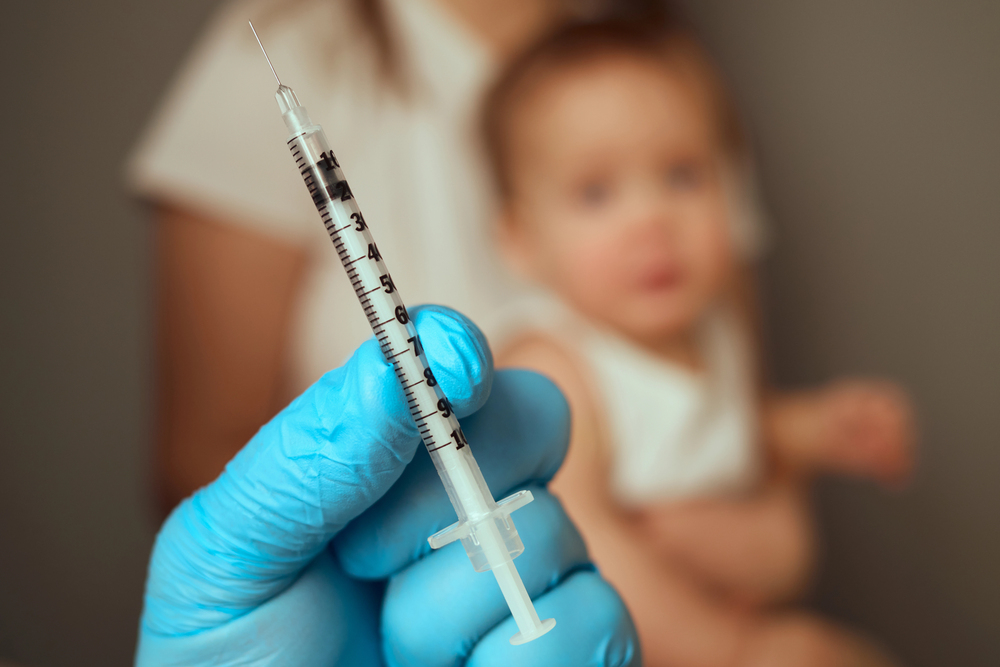Preferences Informed by Information
By Kevin Lavery
During the late 1990s a scientific paper investigating the link between the MMR vaccine and Autism was published in the prestigious medical journal The Lancet. Mayhem followed. Anti-vaccine attitudes increased, along with the presence of Measles. However, the paper’s finding were fabricated. Although the paper was later retracted by The Lancet, Pandora’s Box had been opened. America was infected with yet another wave of the anti-vaccine movement during the COVID-19 pandemic. In 2021, 1 in 12 Americans identified as an anti-vaxxer, and death from COVID-19 was 170 percent higher where vaccine hesitancy was more common.
It has been over five years since the COVID-19 pandemic ravaged the United States, killing over 1.2 million people, and costing the American economy over $16 trillion. The pandemic revealed the weaknesses of public health institutions in communicating complex medical information while respecting individual freedom. Emily Oster, professor of Economics at Brown University, and New York Times bestselling author, argues during her sixth appearance on EconTalk that public health depends on delivering Americans the relevant information to make their own informed choices, not telling people what to do.
Misinformation seems to have taken over the health world, while public health officials try to correct the record. Oster asserts that establishing the facts means that no information can be left out, including the potential side effects of treatments and limits to current scientific knowledge. Oster and Roberts acknowledge that there is a risk to telling the full story; some individuals may still avoid a potentially life-saving vaccine or perfectly safe medical treatment. But to Oster, nuanced information must be provided, because people have different preferences. Complete information combined with preferences creates room for individuals to make the right choices for them.
Oster also acknowledges that many people simply do not listen to public health officials, while citing the example of raw milk drinkers. Oster explains that the technological feat of pasteurization has saved millions of lives, as raw milk has regularly caused outbreaks of tuberculosis and food-borne diseases. Oster acknowledges that even though drinking raw milk is unsafe, some people will choose to do it regardless of what public health officials say. Failing to communicate with nuance removes the potential to reduce harm.
Oster draws a comparison to her area of expertise, parenting- specifically, parents who co-sleep with their babies. Oster states that co-sleeping is incredibly dangerous, but even when people are presented with this information, many continue to do so. To Oster, navigating this issue requires acknowledging that people are not perfectly rational robots, and hence the pursuit of the next best outcome must be resorted to. Oster believes that communicating with parents how to more safely co-sleep with their babies, while simultaneously acknowledging the risks, will lead to far safer outcomes as opposed to simply hoping parents will change their behavior.
Roberts points out that these exact arguments show that public health officials should not be telling people what choices to make. Roberts and Oster agree that the decline in the trust of public health officials is due to a lack of transparency in acknowledging uncertainty alongside a failure to explain tradeoffs. For example, Oster finds that during the COVID pandemic, public health officials frequently changed their advice without explaining why, or were simply too cautious, such as within the rush to close schools. Oster herself came out against closing schools, believing in-person education to not pose a significant threat of spreading COVID. In retrospect, Oster finds that closing schools was an even bigger mistake than she thought at the time because of the profound negative effects on children’s educational and social development.
Roberts believes this issue to be a good example of how economists uniquely analyze issues through thinking about the opportunity costs of the various alternatives. Oster and Roberts do not refute the reality that fully opening schools during a pandemic would have had some inevitable cost of life to it but agree that the opportunity cost of a much higher level of social dysfunction was not the preferable alternative. Oster adds that activists who thought they were protecting the disadvantaged did not consider the fact that impoverished children are the most adversely affected by school closures, showing how digging deeper than the immediate costs and benefits can shift analysis towards developing comprehensive policy decisions.
There is no consensus on the public health lessons from the pandemic. COVID remains a contentious issue with deep partisan divisions. Mistakes from public health officials and politicians, combined with failures from the American public in receiving medical information produced an institutional response where neither the best, nor the next best alternative was the outcome.
Emily Oster makes the case that nuance is the lesson from the pandemic, it is the key to ensuring history does not repeat itself during future public health crises. Nuance allows public health officials to effectively combat misinformation while acknowledging the gaps in scientific knowledge. Neither was done during the pandemic, and it resulted in a loss of trust in public health institutions, and a consequent anti-vaccine wave that killed thousands of people. The path forward is to enable both those who are receptive and skeptical of information from public health authorities to make the decisions that are best for them.
Related EconTalk Episodes:
Brian Deer on Autism, Vaccination, and Scientific Fraud
Ed Yong on Science, Replication, and Journalism
Related Liberty Fund Network Content:
Economic Lessons from COVID-19, by David Henderson, at EconLog
The Public Health Leviathan, by G. Patrick Lynch, at Law and Liberty
The Bias in Health Science, by Richard Gunderman, at Law and Liberty
The Economic Approach to Public Health, by Pierre Lemieux, at EconLog
Kevin Lavery is a graduate student in the M.S. in Economics program at Georgetown University. He holds dual Bachelor of Science degrees in Economic Analysis and Political Science from Western Carolina University, where he graduated in Spring 2025.

